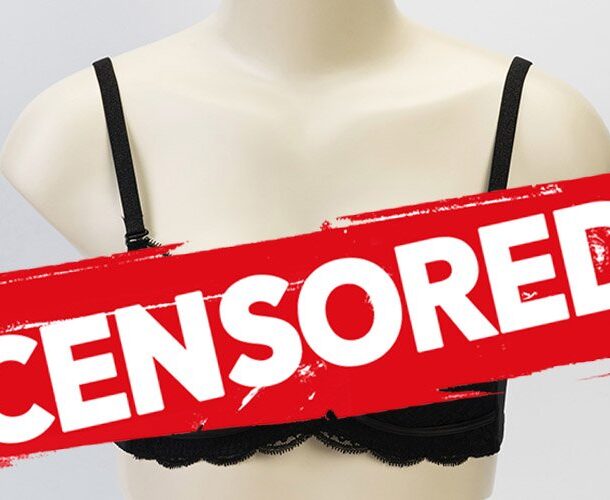
The Centre for Independent Journalism (CIJ) strongly condemns the Film Censorship Board (LPF)’s reported warning to local broadcasters against advertising undergarments, even when they are not worn by live models, arbitrary censorship and moral policing.
Today, a report which cited letters to two local broadcasters on the matter was published. One letter, dated 3 September, reportedly stated that advertising undergarments are offensive and inappropriate – even if live models are not wearing them and there are no indecent visual displays. The letter also called for such broadcasts to be discontinued.
Another letter, dated 24 August, reportedly based LPF’s warning on an article in the Film Censorship Guidelines 2010 which states that film advertisements or any form of the message presented which promotes a branded organisation, product, or service must be ethical. Both broadcasters have since reportedly removed the segments in question.
A common argument in support of censorship is that notions of decency, morals and modesty must always prevail, and so laws and restrictions must be in place to safeguard such standards for the betterment of society. However, it should be noted that these concepts mean different things to different people – what may be indecent to one person may be perfectly acceptable to someone else. The use of such laws and restrictions in such a scenario, thus, must be discouraged; a pluralistic and informed society should be promoted, not restricted.
Societal norms, standards and related biases, in themselves, are based on historical, political and social contexts from previous times. They are also ever-evolving and should be challenged if they are problematic, instead of simply accepting at face value without question.
Furthermore, any restrictions to expression and speech, such as censorship, must always take into account internationally accepted standards, which are guided by human rights principles and instruments. A harm test is usually carried out to determine necessity, proportionality and legality, and only if all three criteria have been met can restrictions take place. Any action of censorship by LPF must consider the harm test.
The use of the Film Censorship Guidelines 2010 and its related provisions on advertisements, which requires that “film advertisements or any form of the message presented which promotes a branded organisation, product, or service must be ethical,” seems rather arbitrary. It is unclear what the harm is in this context. LPF must clearly spell out why such advertisements are deemed as “offensive” and “indecent”, and how it affects the “sensitivities of a multi-ethnic and multi-religious society”. Failure to do so could be interpreted as LPF imposing its moral biases and prejudices aimed at censoring anything that connotes to or is a reflection of body parts and images. The State and its actors must facilitate healthy discussions and education on bodily integrity rather than create more harm by turning such topics into taboo.
Above all, we call on the relevant authorities to focus on more pressing issues instead of contributing to State-sponsored censorship. It is more critical to move ahead with the plans to establish the Malaysian Media Council (MMC). Let the media arbitrate matters regarding the media and come up with their own code of ethics and content better reflecting life in the 21st century.
As the setting up of the council has been long delayed, we hope the new minister for communications and multimedia will include the expedition of the process as part of his 100-days-in-office Key Performance Indexes (KPI). Putting an end to arbitrary censorship by the State should also be on the agenda of both him and the home minister.
10 September 2021
Ms. Wathshlah G. Naidu
CIJ Executive Director
For media inquiries, contact comms@cijmalaysia.net
